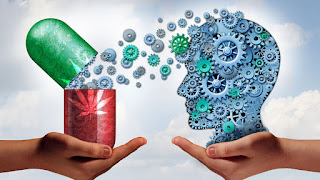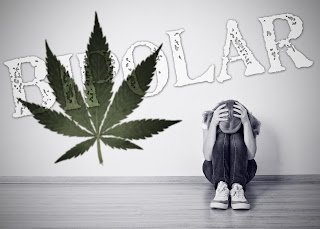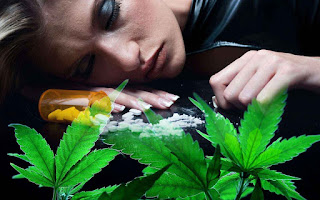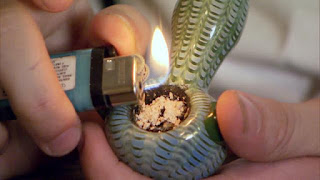Drug abuse and the connection between it and mental health
Drug abuse has been a major hurdle to most of the addicts as it has a real-time connection to your own mental health. Moreover, it is mostly linked to what you think and might change your behavior if you were fully addicted to abuse them.
Signs and Symptoms of drug abuse affecting mental health
Diagnosing drug abuse problems and concurrent mental health disorders can be difficult. Moreover, it can take time to figure out what might be a mental disorder and what a drug or alcohol problem is. Therefore, Symptoms and signs also depend on the type of mental health problem and substance the addict abuse. For instance, the signs of depression and cannabis abuse may look very different from the signs of schizophrenia and alcoholism. However, there are some general warning signs that you may have a concurrent mental illness.
These signs might include:
Some mental health diseases might have some symptoms out of using drugs like depression, bipolar disorder, and anxiety disorders.
symptoms of Depression:
- Sleep changes
- Loss of energy
- Strong feelings of worthlessness or guilt
- Concentration problems
- Anger, physical pain, and reckless behavior (especially in men)
- Feelings of helplessness and hopelessness
- Loss of interest in daily activities
- Inability to experience pleasure
- Appetite or weight changes
Symptoms of anxiety:
- Racing heart or shortness of breath
- Nausea, trembling, or dizziness
- Muscle tension, headaches
- Trouble concentrating
- Insomnia
- Excessive tension and worry
- Feeling restless or jumpy
- Irritability or feeling “on edge”
Symptoms of bipolar disorder:
- Increased energy
- Rapid speech and racing thoughts
- Impaired judgment
- Hyperactivity
- Anger or rage
- Feelings of euphoria or extreme irritability
- Unrealistic, grandiose beliefs
- Decreased need for sleep
Treatment
The best treatment for concurrent diseases is comprehensive treatment, which treats drug abuse problems and mental illnesses at the same time. Moreover, your mental health or substance abuse issues come first, long-term recovery depends on the same treatment provider or team treating both conditions. Therefore, if you want to get proper treatment you should undoubtedly go see a specialized doctor or organization for that. Moreover, the common treatment might include medications, life style changes as well as support. Behavioral therapy and support groups will be one of the best treatment approaches as well.





Comments
Post a Comment